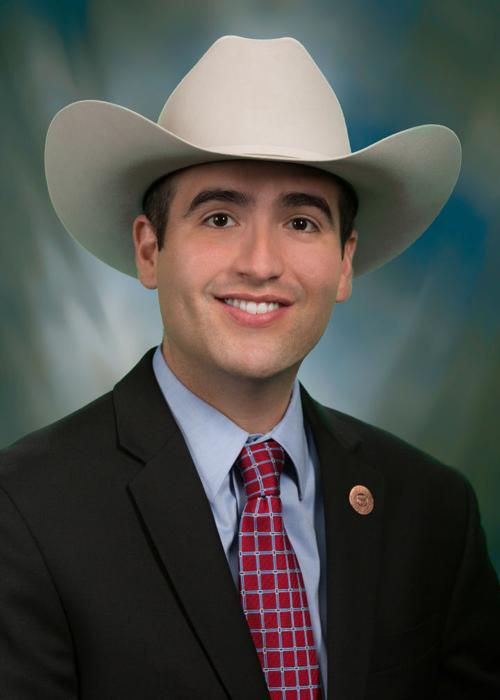PHOENIX — Doing something gross with food that isn’t yours in hopes of getting social media hits could soon land you behind bars.
With only one dissenting vote, the Senate Commerce Committee voted Wednesday to make it a crime to intentionally contaminate food, drink, water or other products intended for consumption by another person.
Just the act itself would be a Class 2 misdemeanor, carrying up to four months in jail and a $750 fine.
But if someone else actually eats or drinks the product, the offenders are looking at up to six months in jail and up to $2,500 in financial penalties. And that same law would apply if the damage is more than $1,000, whether in food that needs to be tossed or loss of business for an establishment.
What this is all about is internet fame: Do something outrageous, post it online and then challenge other people to duplicate it.
Last year it was the Blue Bell Challenge which started with a girl taking a video of herself at a Texas store removing a container of ice cream off the shelf, licking it, and putting it back. Others followed suit and posted their own videos.
Sen. T.J. Shope, R-Coolidge, co-owner of the grocery store that bears his family name, said it has moved on from that.
“We’ve seen any number of viral challenges dealing with contaminating food products,” he said.
He’s not the only one.
Dan Bogert, chief operating officer at the Arizona Restaurant Association, told lawmakers of an incident two years ago when two individuals entered a restaurant.
“As the staff was attempting to refill the dispenser for the drink machines, these individuals taped themselves spitting into that ice bucket and then posting it on Facebook,” he said.
Bogert said the staffers saw what was happening, discarded the ice and sanitized everything.
Only thing is, the now-posted video was geotagged with the location of the restaurant. Bogert said it saw a huge decline in customers, “upwards of tens of thousands of dollars” they lost over the next several months.
Sen. Sean Bowie, D-Phoenix, said he’s not sure this activity merits creating an entirely new crime. And Sen. Tony Navarrete, D-Phoenix, said that perhaps a public education campaign might be more appropriate. But that idea drew criticism from Sen. Michelle Ugenti-Rita, R-Scottsdale, who said the idea that people shouldn’t contaminate food is “an absolute no-brainer.”
“I don’t think you should put $2 into a public awareness campaign to tell people to stop licking ice cream that they grabbed out of a freezer that they are in the grocery store of and haven’t purchased,” she said.
“If you don’t know that, I’m concerned for you on a variety of different levels,” Ugenti-Rita said. “It’s disgusting.”
Sen. Tyler Pace, R-Mesa, said he understands the issue Shope is trying to address.
But he said the measure is crafted so broadly that it would make criminals not just someone in a grocery store or restaurant contaminating food for many others but also pull in others, perhaps “friends who are no longer friends in high school and one spits in the friend’s drink.”
“Obviously, that is wrong,” Pace said. “But there’s a difference between a restaurant or a place, or a couple, people who are making a bad choice.”
Sen. J.D. Mesnard, R-Chandler, also said that perhaps there should be different penalties based on not just what occurred but efforts to publicize it.
“An isolated incident where someone comes in and spits in whatever, it’s gross and in the era of COVID certainly we’re all much more sensitive,” he said. “It’s a form of vandalism and they should be punished.”
The 8-1 vote for the measure, with Navarrete dissenting, sends the measure to the full Senate.





